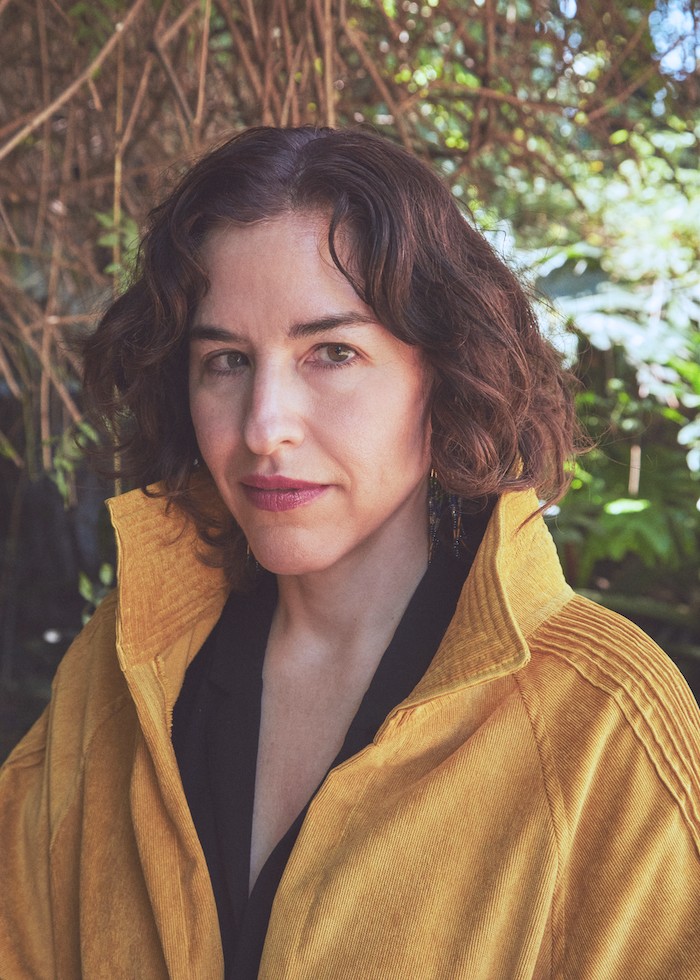The Jan Michalski Prize for Literature is awarded annually for an outstanding work of world literature.
The Jan Michalski Prize for Literature has been awarded annually since 2010 by the Foundation to crown a work of world literature. An original feature of the Prize is its multicultural nature: it rewards works of all literary genres, fiction or non-fiction, irrespective of the language in which it is written.
The rotating jury, which is renewed every three years, is made up of writers recognized for their linguistic skills and their openness to literary diversity. An artist with an interest in literature is also given a seat.
Only members of the jury are entitled to submit works for the Jan Michalski Prize, two per year, chosen from their recent international readings. Neither authors nor publishers may submit titles for selection.
The laureate is honored with a prize of CHF 50,000, which allows him/her to devote more time to his/her writing. He or she also receives a work of art specially chosen for him or her.
Edition 2025
The 2025 Jan Michalski Prize for Literature has been awarded to Guadalupe Nettel for her book La hija única (Anagrama, 2020), translated from the Spanish (Mexico) by Rosalind Harvey as Still Born (Fitzcarraldo, 2022).
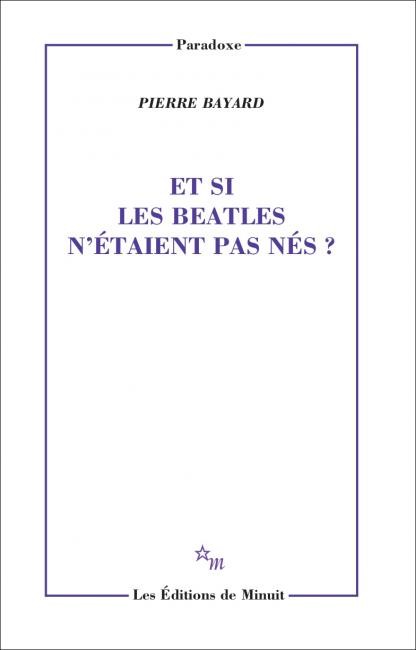
Et si les Beatles n’étaient pas nés ?
Proposed by Nicolas Grospierre
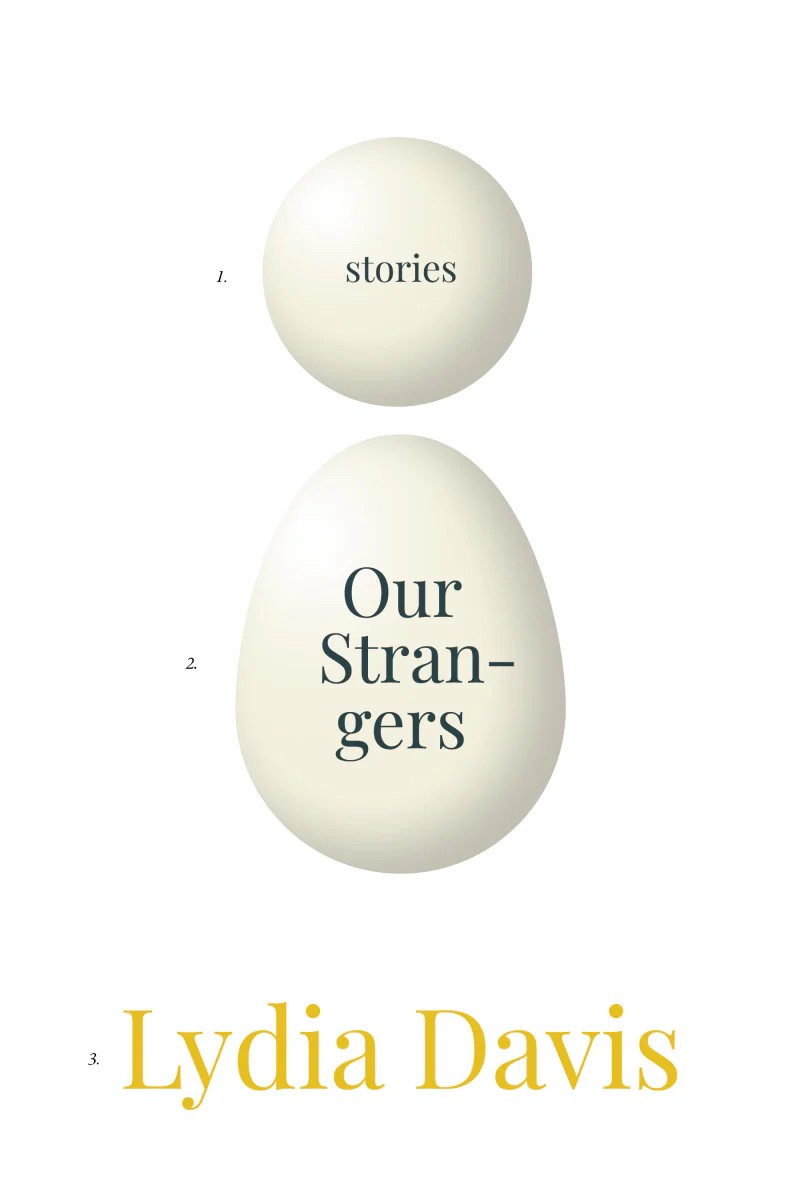
Our Strangers: Stories
Proposed by Gonçalo M. Tavares
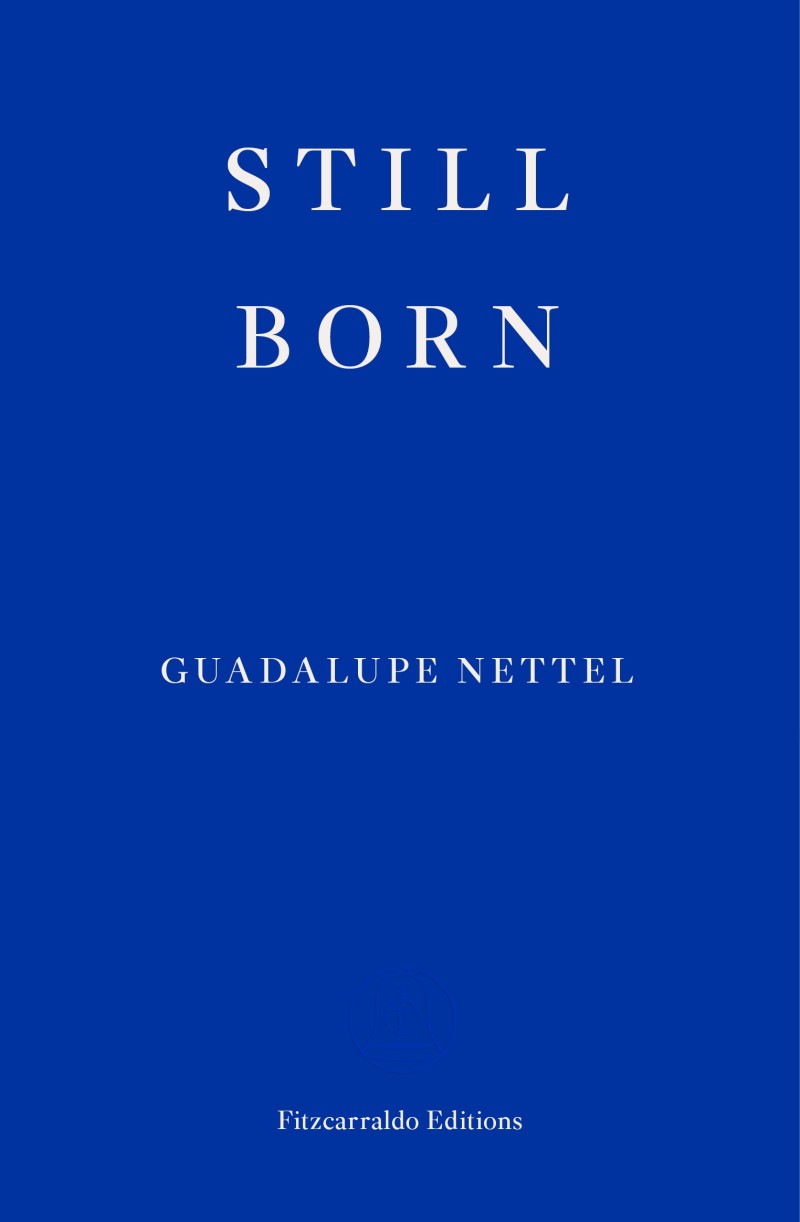
Still Born
Fitzcarraldo Editions, 2022
Proposed by Andrea Marcolongo
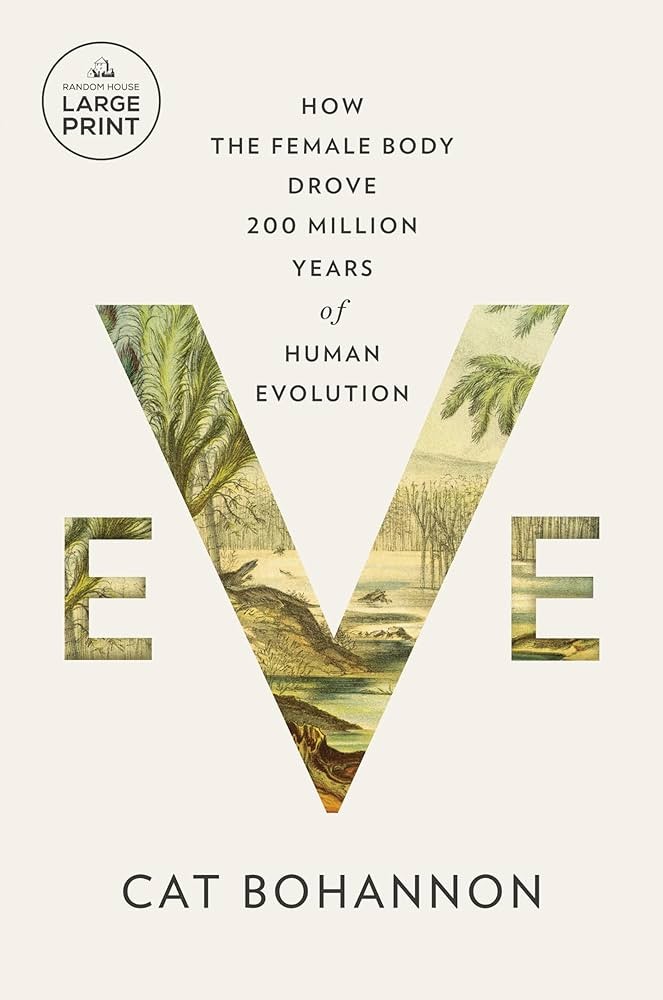
Eve: How the Female Body Drove 200 Million of years of Human Evolution
Proposed by Sjón

Our Strangers: Stories
Proposed by Gonçalo M. Tavares

Still Born
Fitzcarraldo Editions, 2022
Proposed by Andrea Marcolongo
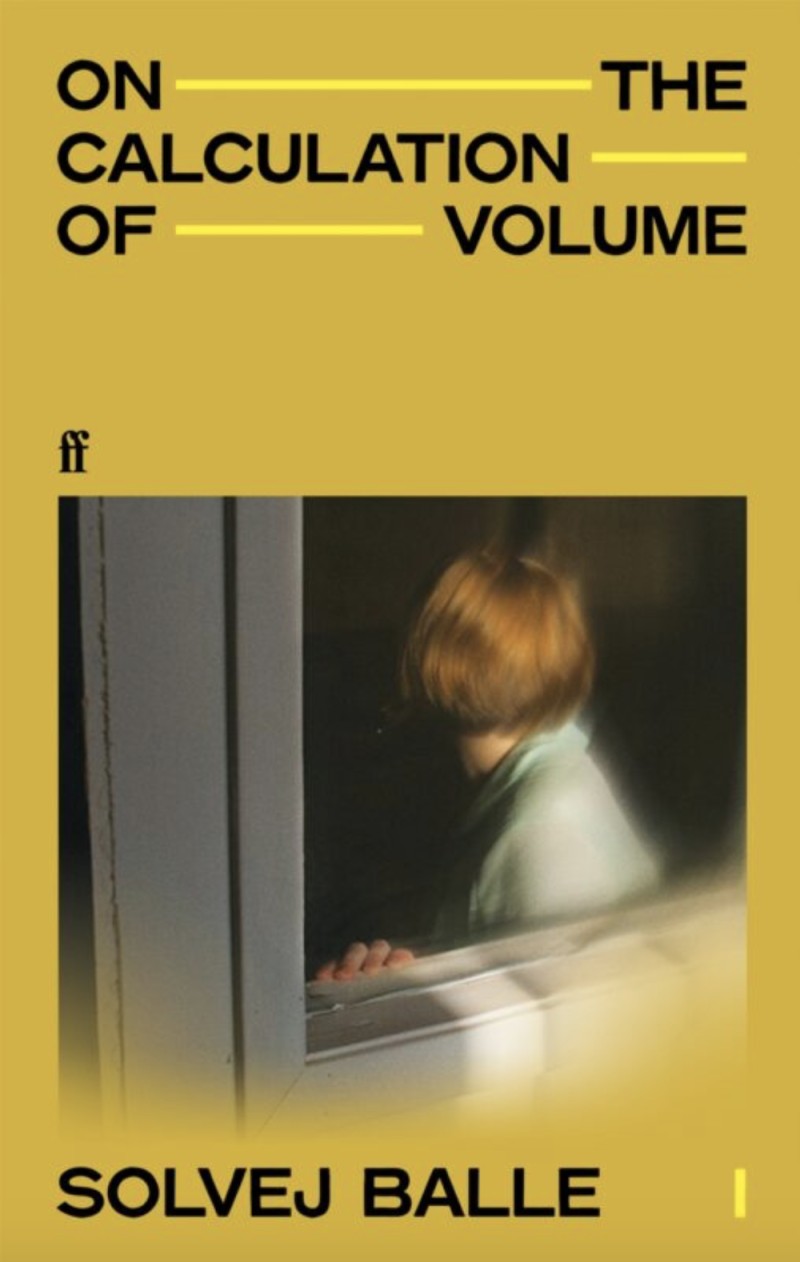
On the Calculation of Volume I
Faber & Faber, 2025
Proposed by Sjón

Et si les Beatles n’étaient pas nés ?
Proposed by Nicolas Grospierre
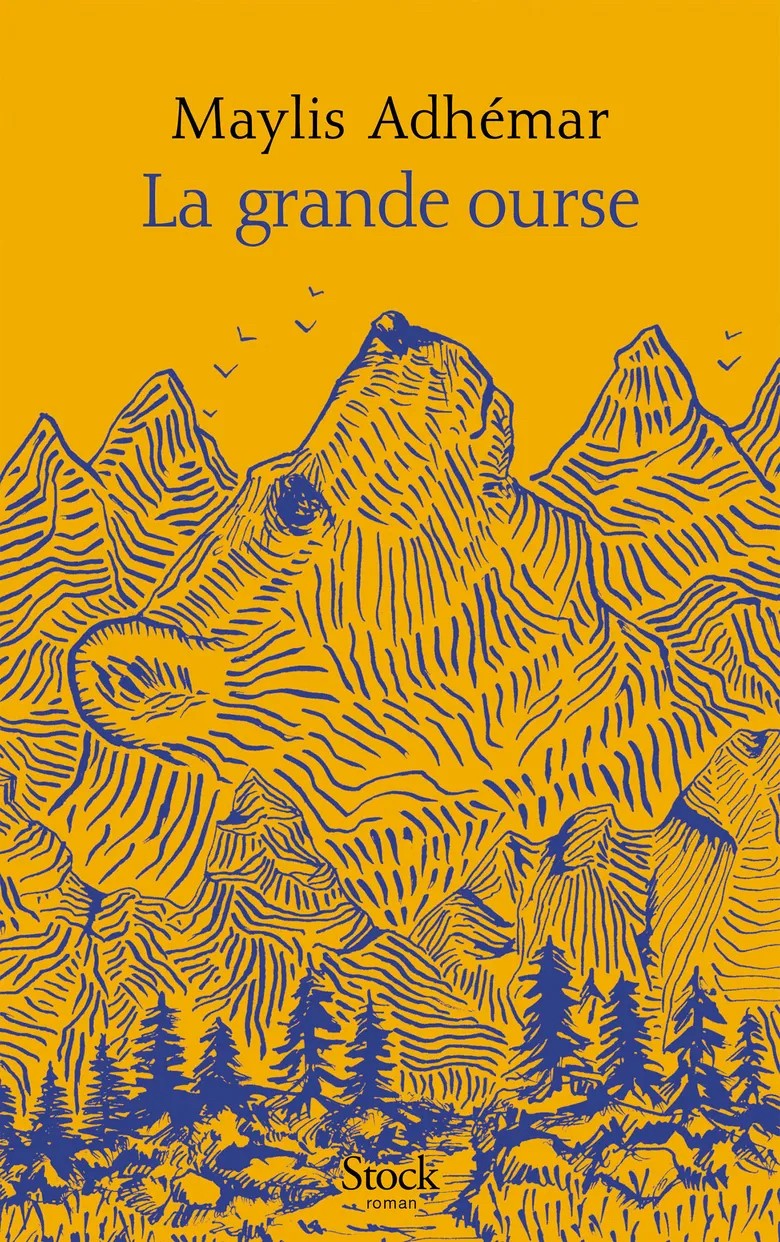
La grande ourse
Proposed by Jonathan Coe

On the Calculation of Volume I
Faber & Faber, 2025
Proposed by Sjón

Et si les Beatles n’étaient pas nés ?
Proposed by Nicolas Grospierre
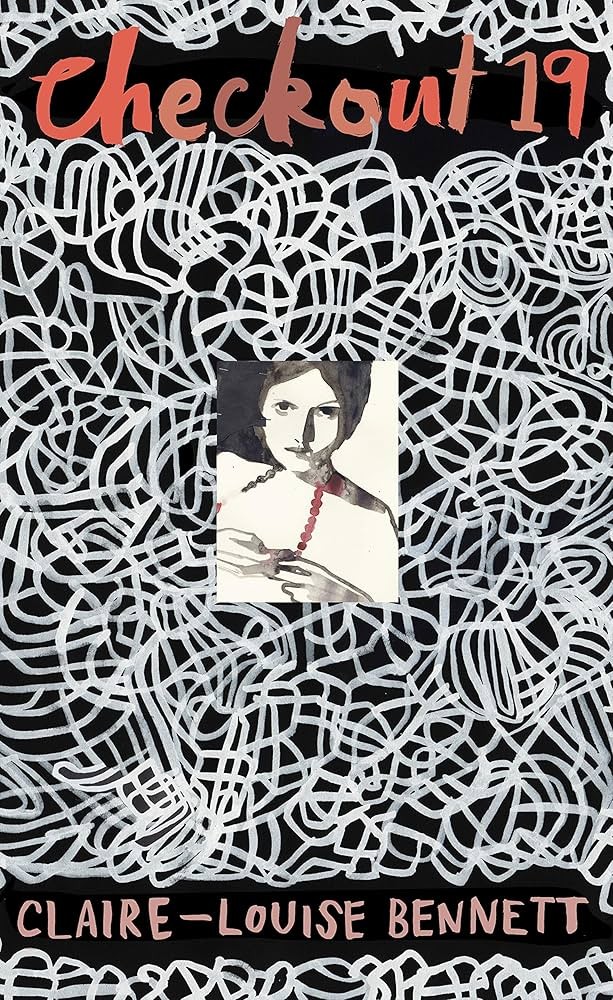
Checkout 19
Proposed by Vera Michalski-Hoffmann

Eve: How the Female Body Drove 200 Million of years of Human Evolution
Proposed by Sjón

Our Strangers: Stories
Proposed by Gonçalo M. Tavares
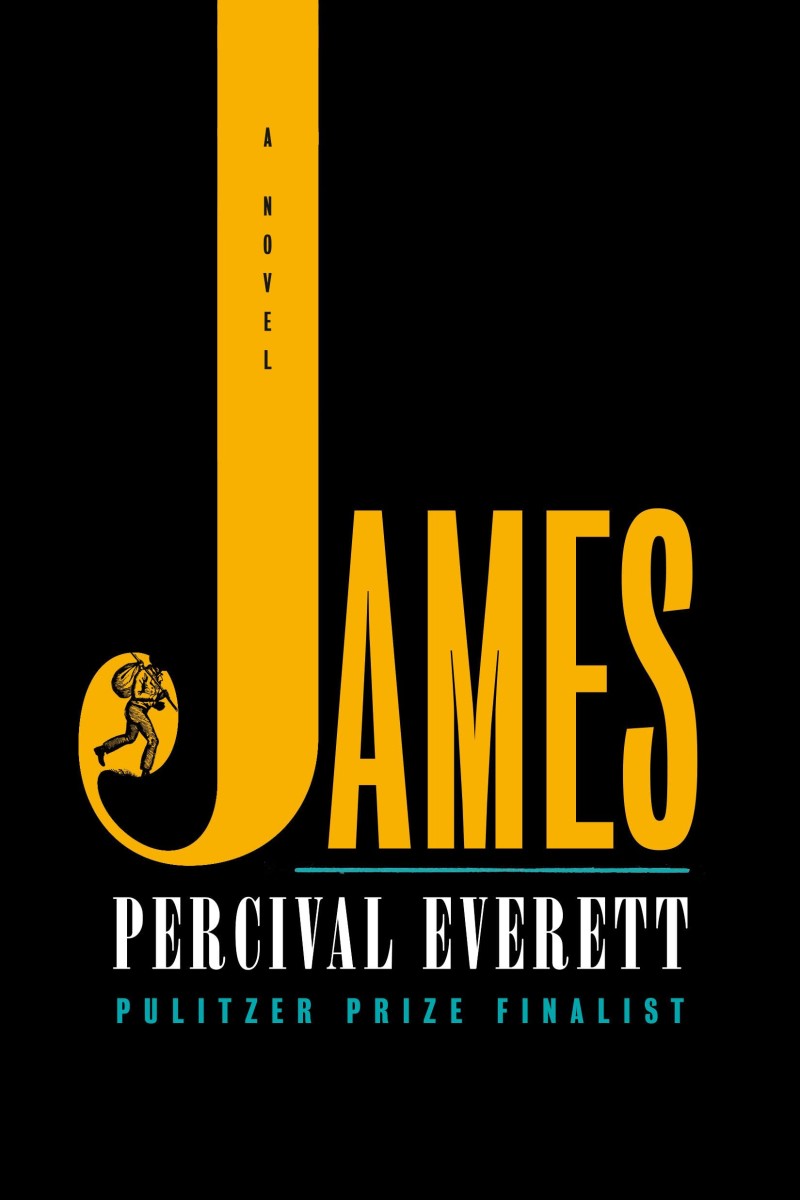
James
Proposed by Nicolas Grospierre
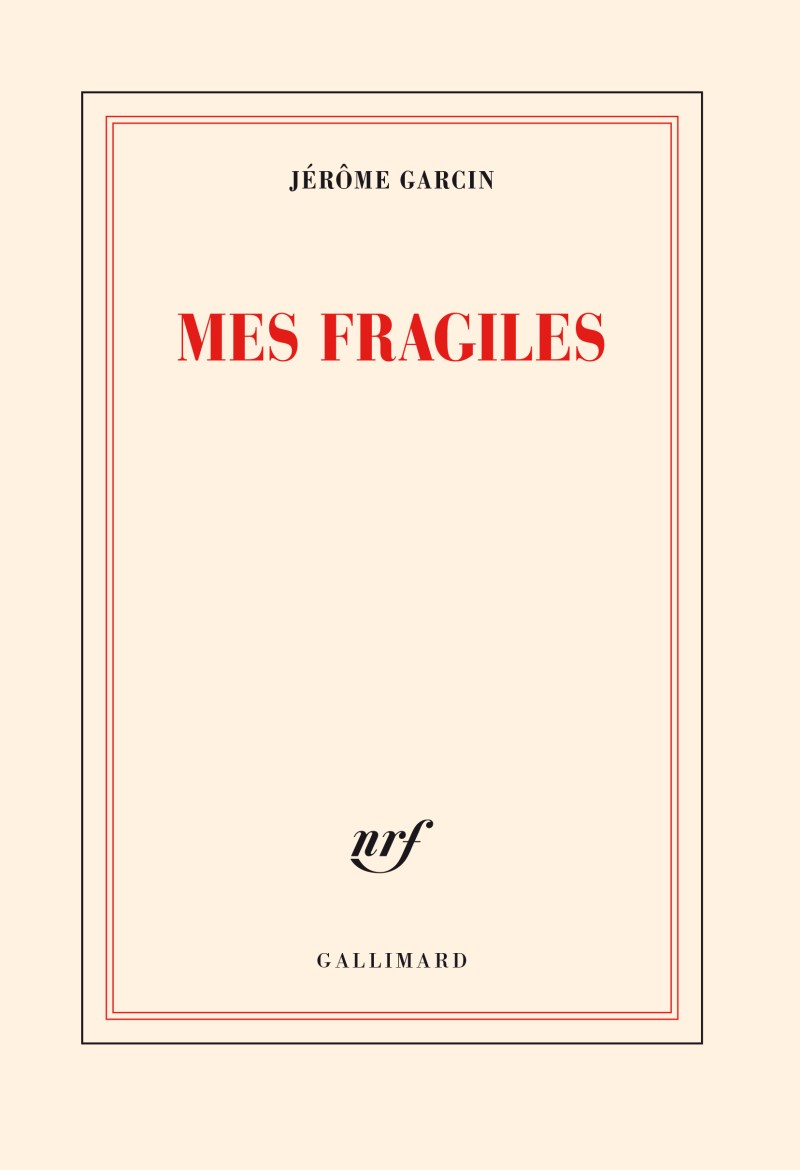
Mes fragiles
Proposed by Scholastique Mukasonga
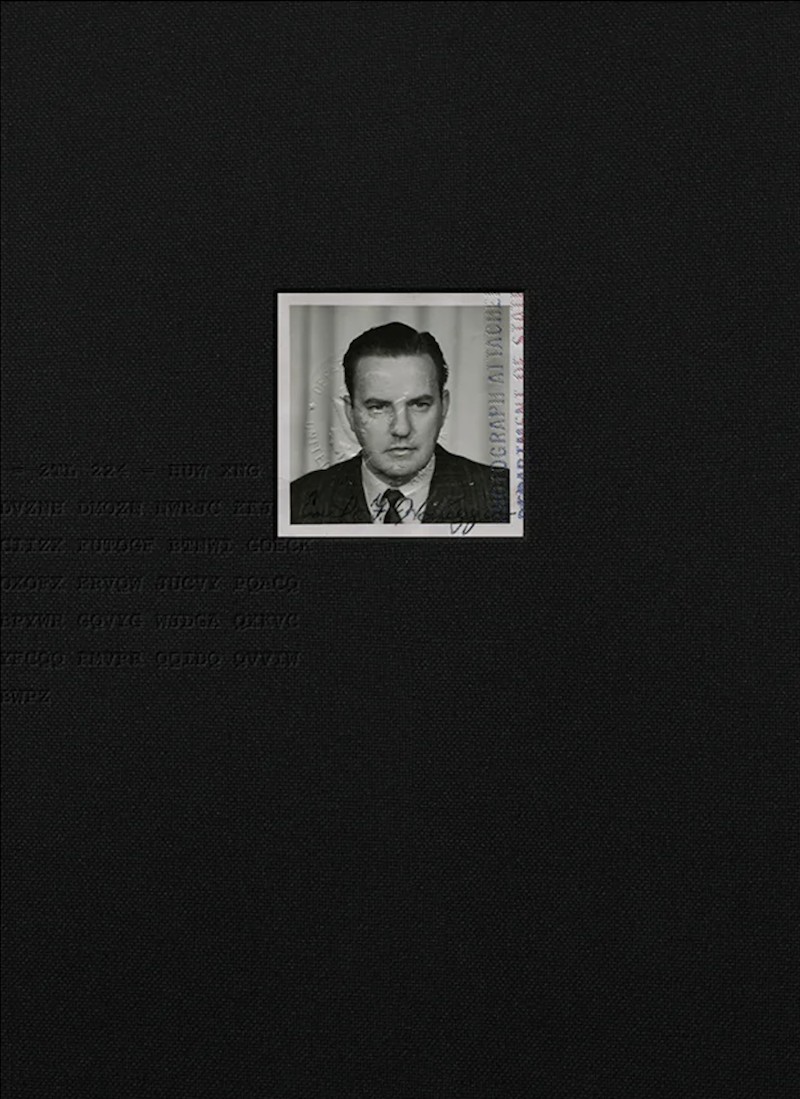
The Need to Know
Proposed by Vera Michalski-Hoffmann
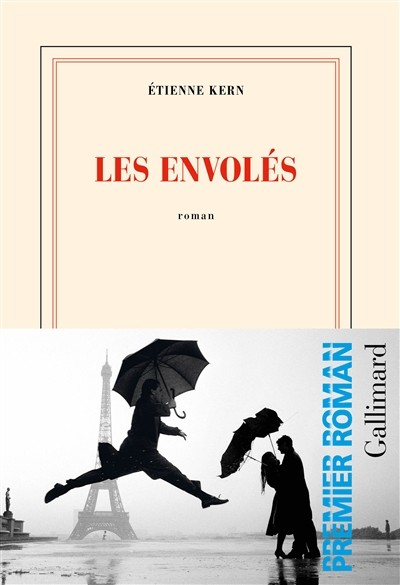
Les envolés
Proposed by Scholastique Mukasonga

Still Born
Fitzcarraldo Editions, 2022
Proposed by Andrea Marcolongo
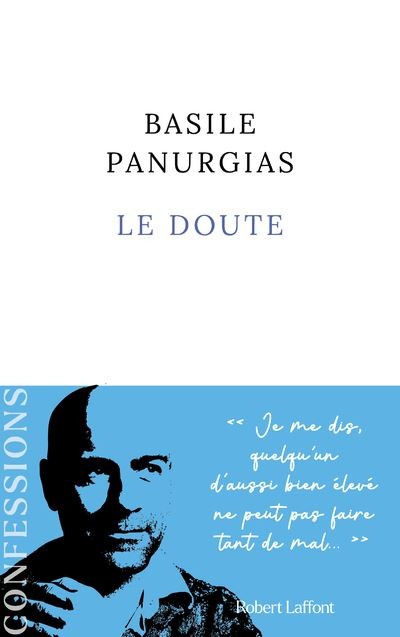
Le doute
Proposed by Andrea Marcolongo
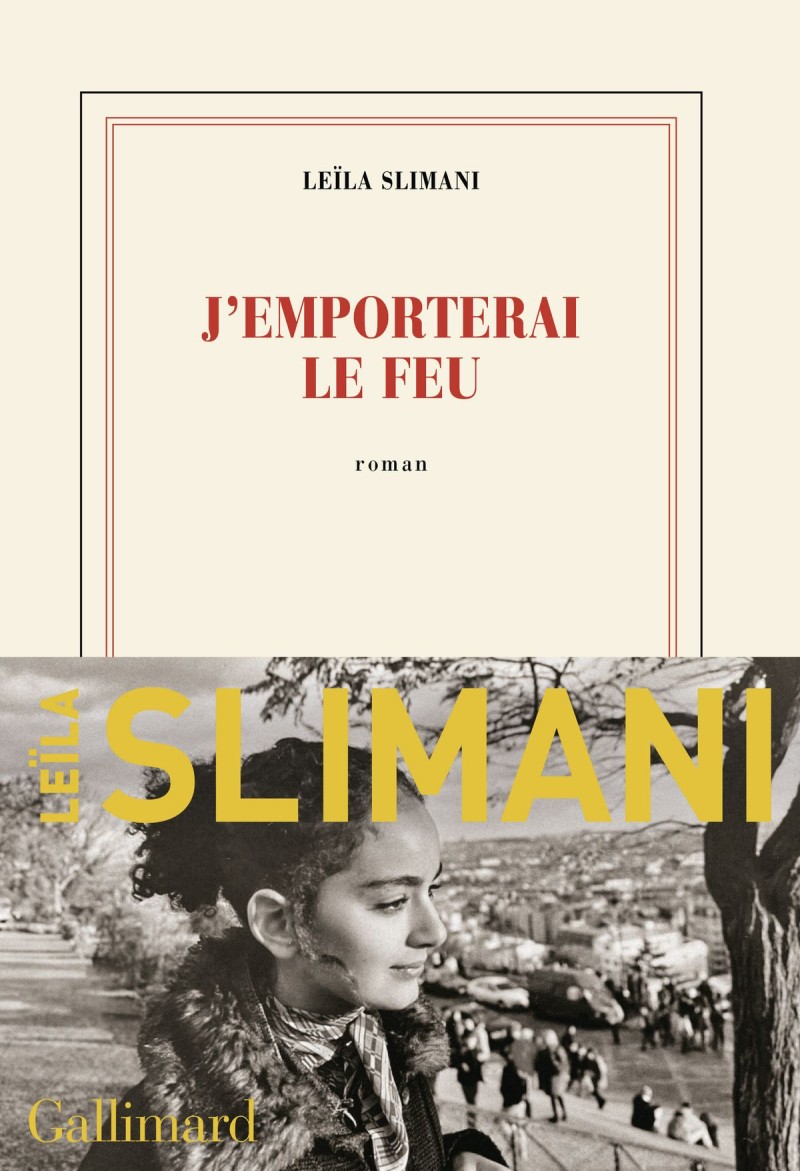
J’emporterai le feu
Proposed by Gonçalo M. Tavares
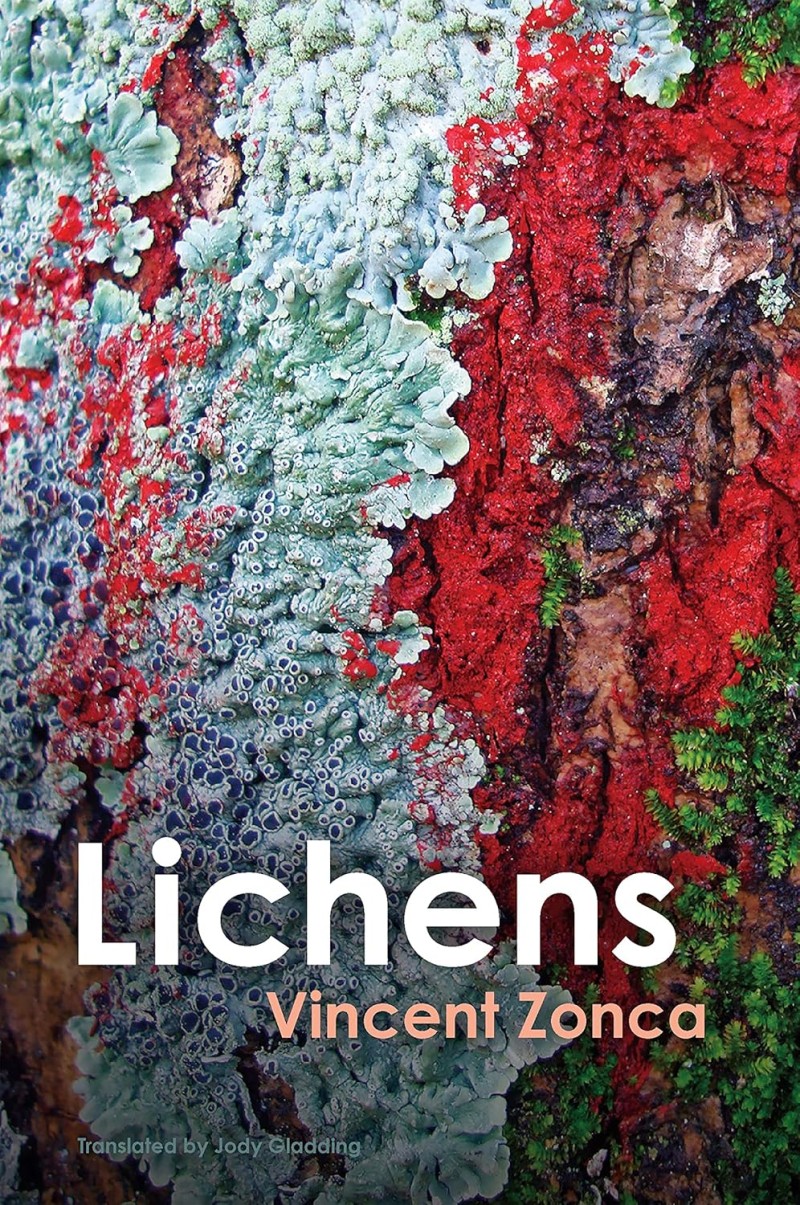
Lichens: Toward a Minimal Resistance
Polity, 2023
Proposed by Jonathan Coe
Previous editions
2024
Ducks: Two Years in the Oil Sands
2023
El Tercer País
2022
Les fossoyeuses
2021
Знак не сотрется. Судьбы остарбайтеров в письмах, воспоминаниях и устных рассказах
2020
Sands of the Emperor
2019
Pain
2018
Ksiegi Jakubowe
2017
Une histoire mondiale du communisme
2016
The Physics of Sorrow
2015
Birth Certificate: The Story of Danilo Kiš
2014
Vorochylovhrad
2013
The Colonel
2012
The Opium War: Drugs, Dreams and the Making of China
2011
The White King
2010
The Lazarus Project
Rules
In accordance with article two of the statutes of the Jan Michalski Foundation for Literature and the Written Word (hereafter the Jan Michalski Foundation), the Foundation Board decided to create a literary prize called the Jan Michalski Prize for Literature (hereafter the Jan Michalski Prize).
The Jan Michalski Prize was officially established on 27 October 2009.
Article 1 — The Jan Michalski Prize
The Jan Michalski Prize will be awarded to a work of world literature in the categories of fiction, nonfiction, or illustrated books.
Article 1.1 — Criteria for awarding the Jan Michalski Prize
The Jan Michalski Prize is awarded to one book annually. The prize is not limited to any one language in particular.
Article 1.2 — Frequency of the prize
The Jan Michalski Prize is awarded once a year.
Article 1.3 — What winners of the Jan Michalski Prize receive
The winner of the prize receives CHF 50,000 (fifty thousand Swiss francs), a diploma, and a work of art especially selected for the Jan Michalski Prize.
Collective works are also eligible for consideration by the Prize Committee; if a book by several authors wins, the Jan Michalski Prize is awarded to all of them and the sum of CHF 50,000 is divided among the various winners.
Article 1.4 — When the prize is awarded
The Jan Michalski Prize is normally awarded each year in November during a ceremony in Montricher.
Article 2 — The Prize Committee
Article 2.1 — Committee members
The Jan Michalski Prize is awarded by the Jan Michalski Foundation for Literature and the Written Word. The prize winner is selected by an international committee of writers. One seat on the committee is reserved for an artist who has also shown a sincere interest in literature. Vera Michalski, who chairs the Foundation Board, is the lifetime Chairwoman of the Prize Committee.
Article 2.2 — Selection of the committee members
The Chairwoman of the Prize Committee appoints the other members of the committee. Membership on the committee is strictly honorary, that is, no payment attaches to the post. Members serve for three years. The Foundation Board, however, does reserve the right to reduce the term of individual committee members. At the end of the members’ term, the Foundation Board is free to either reappoint the same members or appoint new ones.
The Prize Committee is made up of well-known figures from a range of nationalities and cultural backgrounds who are at ease in two or more languages and widely recognized in any of the forms of literary and artistic expression.
Members sit on the Prize Committee in their own name and represent no interest group or commercial entity.
The Chairwoman of the Jan Michalski Foundation Board will write to each person appointed to the Prize Committee to confirm their appointment. Before serving, committee members will of course acquaint themselves with the present Rules.
Article 3 — Proposing candidates
Article 3.1 — Terms and conditions for participation
Members of the Prize Committee alone are authorized to propose books for consideration, with a maximum of two proposals per member. The members may only submit books published and printed by publishing houses are admissible. Manuscripts and self-published works are not accepted. The submitted books must have been published within five years prior to attribution of the Jan Michalski Prize. Reeditions are not accepted unless the book in question has been significantly revised by the original author.
Article 3.2 — Closing date
The members of the Prize Committee must submit their choice of two books for the Prize by mid-March each year. The shortlist of books competing for the Jan Michalski Prize is published on the foundation’s website.
Article 4 — Prize committee delibérations
The Members of the Prize Committee deliberate in complete freedom and independence, and, apart from the present rules, receive instructions from no one. Their deliberations are secret and the minutes of their meetings are not published.
Decisions are taken by simple majority but at least three-quarters of the committee members must participate in the vote for the deliberations to be valid.
The Prize Committee meets once initially to draw up a shortlist. At the end of that meeting, the committee decides on a limited number of books for final consideration. If need be, excerpts from proposed books are translated into a language that is accessible to all of the committee’s members.
The winner of the prize is announced during the committee’s concluding session. The committee’s decision is final and not subject to appeal.
Article 5 — Final provisions
Article 5.1 — Amendments to the rules
The rules can be revised at any time by the Foundation Board, except for the provision concerning the lifetime membership of the Chairwoman of the Prize Committee.
Article 5.2 — Announcing the prize winner
The results of the committee’s deliberations will be made public through the usual media. Only authors whose works have been shortlisted will be notified.
